Cloud ERP as the Global Standard: A Complete Guide for GCC Enterprises in 2025
Cloud ERP is the worldwide standard in 2025.
Gartner’s recent recognition of key cloud ERP systems heralds a significant change, with businesses globally opting for cloud solutions over conventional on-premises hardware to enable agility, scalability and real-time decision-making.
GCC businesses need to take immediate action on this change, especially those in Saudi Arabia, the UAE and Qatar.
Alignment with Regional Economic Transformation Programmes
Economic transformation programmes (Vision 2030, We the UAE 2031, Qatar National Vision 2030) in the region are being driven by digitization, automation and cloud-first ecosystems. Here’s where Cloud ERP shines, by providing:
- Faster financial visibility
- End-to-end operational transparency
- AI-enabled decision support
- Fast scaling through monitoring in multiple places and across several entities
- Less IT overhead, versus traditional ERP
As automation in manufacturing, logistics and retail, hospitality and professional services continues to bring rapid modernisation to these industries, cloud ERP has become the bedrock of competitiveness in the GCC.
That’s why businesses throughout the region are transitioning from gappy, outdated, on-prem systems and turning to smart, connected and always up-to-date cloud-based ERP solutions.
Gartner Cloud ERP Leadership Matters to UAE Businesses in 2025
Gartner’s categorisation of leading vendors as Leaders in both Cloud ERP for Service-Centric Enterprises and Financials Cloud ERP is not merely a global industry update; it’s an outline of what UAE businesses need to become if they want to remain competitive.
The UAE is advancing more quickly to a cloud-first, AI-powered economy than many places. Gartner’s recent Cloud ERP quadrants affirm the direction in which the UAE is already heading and underline why modernization can no longer be delayed.
Alignment with UAE Cloud-First Digital Economy Vision
Cloud adoption has been set as a national goal by the UAE, with support from the likes of UAE Digital Government, Dubai Smart City and Abu Dhabi’s digital transformation agendas.
The Cloud ERP leadership lists from Gartner only further prove that cloud ERP is no longer a nice to have but rather the fundamental technology layer that supports real-time decision making, cross-emirate visibility and nimble digital operations.
Competitive Edge in a Speed and Innovation Driven Region
UAE businesses exist in a world where customer demands evolve rapidly, supply chains are hyperconnected and multi-entity operations are the standard.
Gartner-applauded Cloud ERP software gives the capabilities entities need to stay ahead in this dynamic environment such as:
- Reduced operational friction
- Instant scalability
- Real-time financial and operational insights
- Integration with A.I., eCommerce and logistics solutions directly
This reflects exactly how UAE-based brands belonging to any sector (retail, manufacturing and services) are transforming at a rapid pace in order to dominate against their global counterparts.
Trust in Universal Standard Platforms with Local Applicability
UAE companies benchmark themselves against world-class organizations.
Gartner’s quadrat conflict offers comfort that the cloud ERP platforms that are being selected at this moment in time will be:
- Secure
- Future-ready
- AI-driven
- In compliance with local and international standards
And it underpins the operations of businesses that span Dubai, Abu Dhabi, Sharjah and overseas outposts, firms for which consolidated reporting and streamlining of processes are rapidly becoming non-negotiable.
Cloud ERP Adoption: The Strategic Imperative for UAE Businesses
Cloud ERP adoption: The strategic imperative for UAE businesses explained
The UAE is no longer seeing cloud ERP as an IT lift and shift; it’s a national competitive necessity now. As the nation fast-tracks to a digital, diversified economy, businesses will need to work faster, be more transparent and have cross-border agility. Cloud ERP is the foundation that’s making this transition possible.
Three Imperatives Fueling Cloud ERP Adoption
1. UAE’s Cloud-First Policies Shaping Enterprise Expectations
Government accelerants like the UAE Digital Economy Strategy and federal cloud mandates are driving enterprises toward smarter flexible systems. But cloud ERP specifically addresses such priorities with a highly scalable system that can rapidly deploy and scale up or down to meet business needs in the Emirates.
2. The Challenge of Unified, Real-Time Data in AI-Driven Operations
UAE sectors which include manufacturing, logistics and retail, are leading investments in AI and automation. But all AI ventures sink or swim based on the quality of a unified pool of data. Have outdated systems and fragmented data stacks, the complexity of which is creating more chaos than clarity for your organisation? Cloud ERP provides that base by turning finance, operations, HR, procurement and inventory into an AI-driven river.
3. The Global Competition Pressure, Speed Over Size
The truth that the competition in the UAE is worldwide – Are quick a need not size.
In the land of global giants and hometown disrupters, enterprises in the UAE win by being nimble rather than big. Real-time decision-making, instantaneous rollouts across branches, and quick reacting to market demand are made possible by Cloud ERP; something traditional ERP cannot bring forth.
Why Cloud ERP Is the New Standard in UAE And Why Businesses Are Moving First
Gartner’s recent naming of cloud ERP leaders is proof positive that the tide has turned on a global level: cloud-first as standard, rather than cloud-as-an-option. But with its digital-by-design national agenda, the UAE is embracing it even quicker than global markets.
Here’s why cloud ERP has become the global standard and why UAE enterprises are driving its shift:
How Cloud ERP Drives Greater Agility
Cloud ERP And The Real-Time Enterprise – Clock Speed With Its Missing Minute Hand
How Cloud ERP Can Increase The Value Of Each Customer Relationship
What makes cloud-based enterprise performance management so different from the alternatives
House Panel Praises Oracle, Rimini Street In Energy Co. Updated March 23..getDefaultSharedPreferences doesn’t work if preference not set Image: Blog.
Times are moving pretty quickly in the modern business world. Late reports mean late strategy.
Cloud ERP ends batch processing, manual exports and approval clogs provide UAE executives with real-time financials, automated processes and AI-powered predictions.
Designed for Multi-Entity & Multi-Currency GCC Operations
Plenty of UAE businesses trade through Saudi Arabia, Qatar and onwards to Bahrain, Oman and beyond.
Cloud ERP simplifies:
- Multi-branch accounting
- Multi-currency consolidation
- Cross-country inventory sync
- Unified procurement across regions
Legacy ERP cannot handle that complexity.
Native Cloud ERP with AI/ML and Automation Integration
Cloud ERP Software is imbibed with AI agents, predictive analytics, up-to-date compliance updates and workflow automation.
That’s the new global standard, and GCC companies that are moving to cloud ERP immediately gain productivity and cost benefits.
Cloud Security Standards Beyond On-Premise Models
With the likes of internationally known standards such as ISO and SOC3 and 4, as well as regular patching cycles – cloud ERP does provide:
- Stronger encryption
- Intelligent threat monitoring
- Automated backups
- Zero-downtime updates
UAE businesses especially those in logistics, retail, energy and finance are now selecting cloud ERP for resilience and compliance.
Rapid Innovation Cycles in a Fast-Evolving Industry
Cloud ERP providers are constantly rolling out updates, whether daily, weekly or monthly.
This allows UAE-based companies to be on top of:
- Rapid eCommerce growth
- Digital payments adoption
- New data regulations
- AI-driven customer experience demands
Where HostBooks Online ERP Stands in the Cloud-First World
Just as the global ERP veterans are starting to inch their way towards cloud-native functionality, HostBooks have designed their complete platform from start like a true disruptor for an online future that features AI at its core – and so is positioned ahead of the curve in terms of what UAE businesses will need for 2025 onwards.
Cloud-Smart Design of HostBooks (Not Just Cloud-Deployed)
“Most of the legacy ERPs were ported off to cloud, we are born on clouds.”
That means:
- Quicker deployments
- Lower ownership costs
- Zero hardware dependencies
- Continuous updates with no downtimes
It offers UAE companies the performance and flexibility required by a cloud-first transformation.
Built-In Agentic AI Engine for Instant Decision-Making
HostBooks includes independent AI agents working in FinTech, HR tech, inventory and procurement analyzing, advising the Operations of finance.
- Automated reconciliations
- Predictive demand planning
- Anomaly detection
- AI-powered insight for leadership teams
No plugins. No expensive custom AI layers. Intelligence that’s easy to use out of the box.
HostBooks for UAE Operations in Multiple Locations & Entities
Irrespective of the company having its branches spread in and around Dubai, Abu Dhabi, Sharjah or anywhere across GCC, HostBooks provides:
- Uniform financial consolidation
- Real-time inventory visibility
- Multi-currency and multi-entity management
- Integrated HR and compliance workflows
Great for growing and expanding retail, distribution, manufacturers, hospitality and service based businesses in the region.
Scalability: HostBooks Grows with Your Business
HostBooks grows with a company. Deploy new branches, warehouses, teams, workflows or approval layers without adding infrastructure and without the licensing nightmare. The scaling never interrupts operations due to cloud-smart architecture.
Compliance and Localization Competencies in the UAE
With HostBooks – solve regional compliance issues and business operations complexities in:
- Localized accounting structure
- Automated reporting
- Arabic-English interface
- Region-ready financial workflows
They are able to escape manual updates, ad-hoc record keeping, and ugly regulatory surprises.
Unified Platform, No Silos, Full Efficiency
Finance, HR, inventory, requisitions, compliance – all in one intelligent system that won’t create any bolt-on cost explosion of your fragmented legacy tools or stand-alone apps.
The result?
Increased speed of decision-making, cleaner data and greater visibility operationally across senior teams.
Busting the Myths About Cloud ERP in UAE
If you’re like most business owners, you’ve heard a lot about cloud ERP. But there are misconceptions holding businesses back.
Myth 1: “Cloud ERP Is Less Secure Than On-Premise Systems”
Fact: Cloud-native models have stronger encryption, automated backups, breach-resistant access controls and continuous security updates, aligned with UAE regulations. On-premise systems rely on outdated patches.
Myth 2: “Cloud ERP Won’t Work for Multi-Branch UAE Operations”
Reality: It is built for distributed business models, real-time data, synchronized inventory, consolidated financials and unified HR & compliance workflows.
Myth 3: “Migrating to Cloud ERP Causes Long Disruption”
Reality: Cloud-first platforms like HostBooks enable rapid, staged implementation with minimal infrastructure requirements.
Myth 4: “Cloud ERP Is Too Expensive for Mid-Sized Businesses”
Fact: It lowers total cost of ownership: no hardware, no servers, no manual upgrades, fewer IT resources, replaced by a predictable subscription model.
Myth 5: “Cloud ERP Means No Customization”
Reality: Cloud ERP supports configurable workflows, dashboards, add-ons, APIs and industry templates, without brittle legacy dependence.
Myth 6: “Cloud ERP Isn’t Ready for AI”
Fact: Only cloud-native ERP can enable predictive analytics, automation, anomaly detection and real-time decision engines.
HostBooks Online ERP: Designed for UAE’s Cloud-First Journey
As global ERP titans have jostled to migrate clunky old systems into the cloud, HostBooks has pursued a different strategy: building an AI-native, online accounting platform that can keep pace with the speed, scale and ambition of the digital UAE. That’s precisely what transformation leaders require in 2025 as businesses evolve across Dubai, Abu Dhabi and Sharjah. HostBooks.
UAE Scalable Cloud-Native Architecture
It isn’t patchwork stitched on top of outdated codebases or repurposed cloud servers.
It is cloud-first:
- Faster to deploy
- Easier to scale
- Cheaper to maintain
- Always updated with zero downtime
This is a clear response to UAE’s need for flexibility, emirate operations under one entity umbrella and quick expansion into retailing, logistics, manufacturing, distribution and hospitality.
Enterprise-Level AI That Thinks on Its Own
HostBooks disrupts dashboards by letting its autonomous AI dwellers do the analysis, prediction and optimization:
- Inventory movements
- Cash flow
- HR and workforce changes
- Procurement cycles
- Financial anomalies
In today’s market where real-time decisioning is a competitive edge, HostBooks allows leaders to make decisions this very moment, not several days into reconciliation or manual reporting.
Designed for UAE Businesses with Multiple Locations and Entities
Whether it’s a retailer with outlets in Dubai Mall and Yas Mall or a manufacturer with warehouses in JAFZA and KIZAD, HostBooks provides:
- Unified financial consolidation
- Real-time stock visibility
- Multi-entity reporting
- Centralized HR & payroll intelligence
- Multi-level approval workflows
That solves one of the biggest operational headaches for companies rapidly growing in the UAE: fragmented data.
Local Compliance, Seamlessly Integrated
HostBooks welcomes the dynamic business environment of UAE with:
- Localized accounting structures
- Integrated reporting workflows
- Audit-ready documentation
- Built-in compliance automation
No manual updates. No legacy files. No regulatory gaps.
API-Ready and Enterprise-Grade
With API integration on POS systems, eCommerce platforms, payment gateways, HRMS tools and supply chain partners; HostBooks is indeed the power sorcerer for the UAE companies travelling on digital transformation journey.
With all, right at one place for every business.
Instead of using 6–10 isolated tools, Czech companies receive:
- Finance
- HR
- Inventory
- Procurement
- Sales
- Compliance
All of it running in one smart command center, online and always connected.
UAE AI & Cloud-First Organizations Set to Dominate the Next Decade
Through-out the UAE, transitioning to cloud ERP is no longer a fad; it’s the technology bedrock of this nation’s next economic era.
In an era where global ERP front-runners are increasingly committed to cloud-first models, with the UAE quickening its digital transformation strategy at a national level, and businesses that rely too much on dated systems are in genuine danger of shedding speed, insight and competitiveness.
The writing is on the wall: Cloud ERP has become the new global standard, now it’s time for UAE businesses to lead.
Organisations can do this by adopting AI-enabled, modular and cross-emirate operations built online.
The Benefits of Cloud ERP for UAE Businesses
- Real-time financial and operational intelligence
- Faster, data-driven decisions
- Seamless multi-entity and multi-location control
- Good luck and less manual work
- Scalability that matches UAE’s growth trajectory, the power of now
This is the agility that the new reality of the UAE market requires, and the same competitive advantage that global rivals are already using.
Why HostBooks Stands Apart
HostBooks Online ERP is distinguished by providing cloud-native, AI-driven infrastructure designed for the velocity, scale and governance of businesses in UAE.
From the front desk to the back office, Wdesk combines documents, spreadsheets, and presentations in one intuitive platform for a better way to work.
The Future of UAE Business Starts Now
The future of UAE business will be:
- Real-time
- Automated
- Cloud-first
And those businesses which embrace smart online ERP today are the ones that will shape the competitive advantage of tomorrow in the region.
It is now in your hands. Select an ERP that thinks, scales, and grows with you.

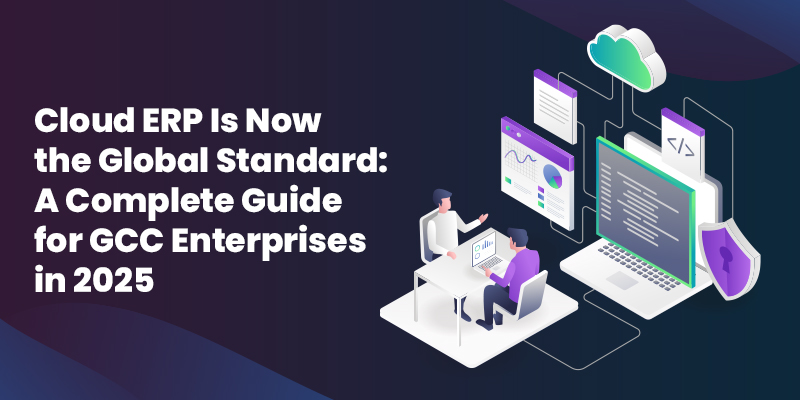
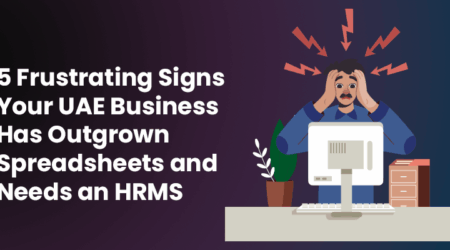
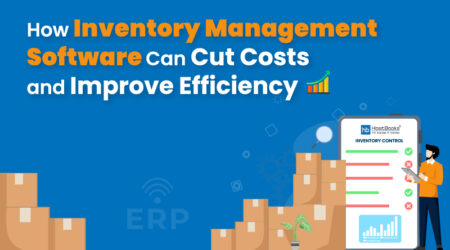
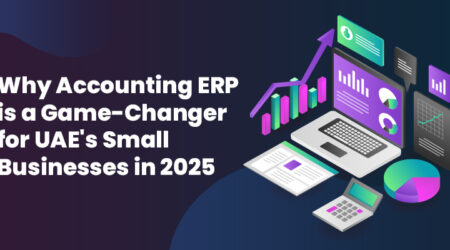
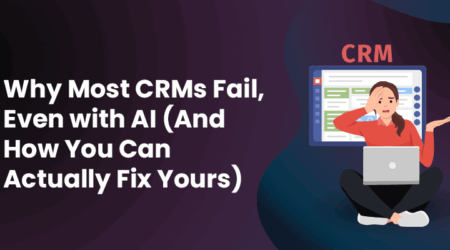
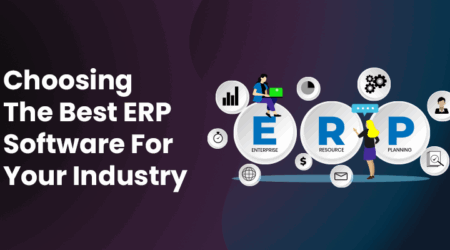
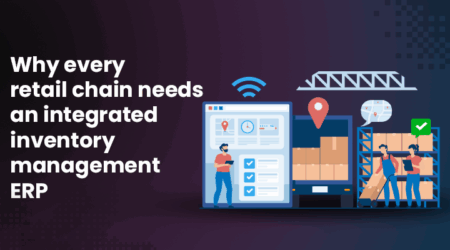
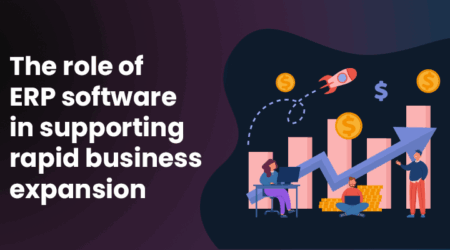
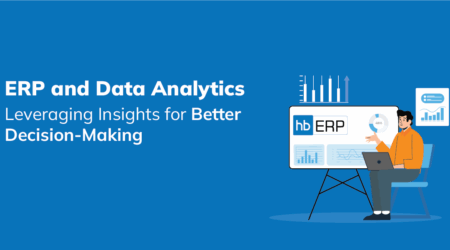
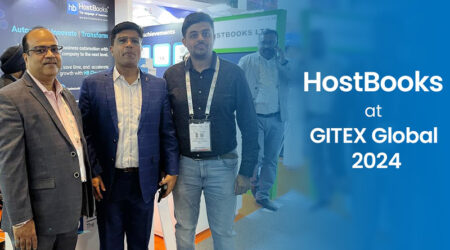
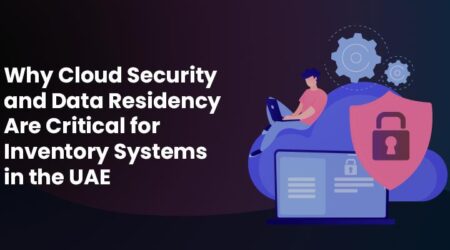
Leave a Reply